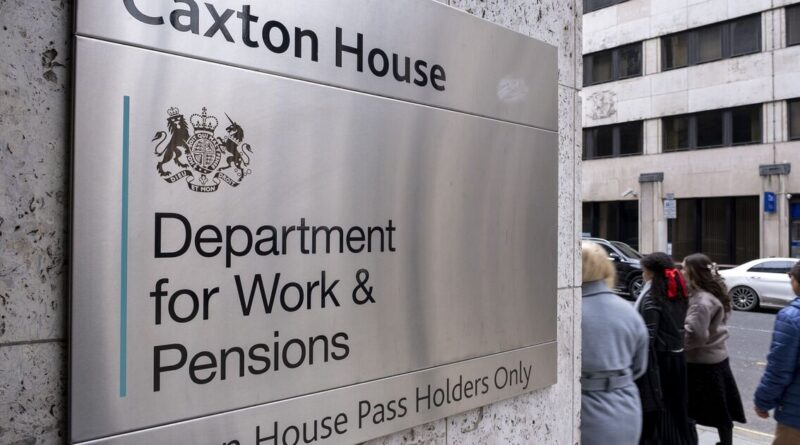DWP claimants on 7 benefits to get their bank accounts checked | Personal Finance | Finance
The Department for Work and Pensions (DWP) is preparing to introduce new powers that will allow banks to flag the accounts of benefit claimants who may not meet eligibility criteria. The move, expected to begin in April 2026, is part of the Government’s drive to clamp down on fraud and reduce benefit overpayments.
At present, the DWP can only request access to bank transactions if there are reasonable grounds to suspect fraud. The new powers would change that, enabling banks and other financial institutions to use data-analysis tools to automatically identify accounts that raise eligibility questions.
The DWP insists it will not pry into claimants’ day-to-day purchases. Instead, banks will be given a list of “eligibility indicators,” such as balances over the £16,000 savings cap for Universal Credit.
Accounts that trigger these signals will be highlighted to the DWP, which could then launch a more detailed inquiry.
Minimal data would be shared unless a red flag is raised, and the department says it will adopt a “test and learn” approach to ensure the powers are applied fairly and proportionately.
Banks will be required to respond to “Eligibility Verification Notices” by checking their records against DWP’s criteria, and only then report accounts that may suggest someone is no longer entitled to continue claiming.
Who could be affected?
The plans primarily target claimants of means-tested benefits, which base eligibility on income and savings. Those potentially affected include people receiving:
- Universal Credit
- Housing Benefit
- Income Support
- Income-based Jobseeker’s Allowance (JSA)
- Income-related Employment and Support Allowance (ESA)
- Council Tax Support (or Reduction)
- Pension Credit
For these benefits, exceeding financial limits could lead to an account being flagged. For example, someone with savings above £16,000 is typically ineligible for Universal Credit.
Officials argue the new system will help ensure benefits are paid accurately, mistakes are caught sooner, and fraud is pursued before overpayments escalate. The DWP estimates the reforms could save around £940 million over the next five years.
The scheme has prompted criticism, with campaigners warning the measures could impact vulnerable claimants and raise questions about financial privacy. However, the DWP maintains that only essential data will be collected and that protective safeguards will be built into the rollout.
A government statement said: “Claimants are paid more accurately, more errors are found and resolved, and any suspected fraud can be identified and investigated sooner.”
The rollout is scheduled to begin in 2026, with the Government confirming it would expand gradually until every relevant benefit is covered by the early 2030s.





